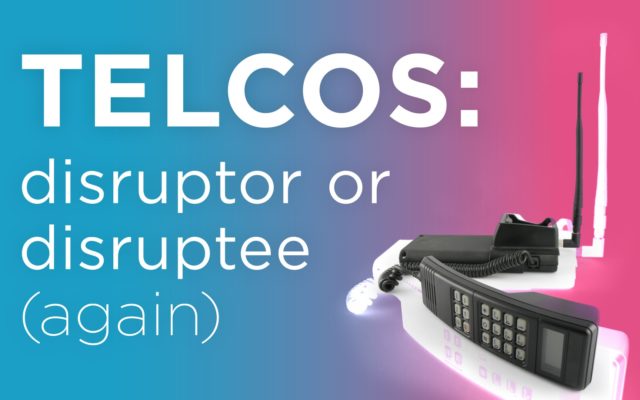Can a telco disrupt, rather than be disrupted? David Rowan, UK editor of Wired magazine, shares three lessons the industry should have learned 23 years ago.
This year’s NG Telecoms summit is asking how can a telco disrupt, rather than be disrupted? This might help start the conversation. Here’s UK editor of Wired magazine, David Rowan, with three lessons from the last time telcos were transformed.
David Rowan, Editor-in-Chief, WIRED magazine’s UK edition:
“In 1983 a new gadget hits the market. It’s quite big – so big that you have to stick a car onto it to power it, so we have to call it a car phone. And it starts to get celebrity endorsements. But what if you’re the big incumbent? What if you are the company that has the most landlines in the world? AT&T – big American company. And they said to McKinsey, “Okay, it’s 1983 now. How many of these mobile telephone gadgets do you think there will be in America by the end of the 20th century, in 17 years?
And McKinsey goes away and does its research and comes back with a number. And they say, “We think the mobile telephone could be fairly significant. We think there could be maybe almost a million of them in America by the end of the century.” Which wasn’t a bad guess; it was slightly out. And there’s three things McKinsey got wrong that we should all bear in mind when thinking about technology:
First of all, in Moore’s law, it becomes a form factor that’s actually more convenient before you know it.
Secondly, the reason a technology catches on is not because of the technology. It’s not the gigahertz, the megabits. It’s “Does this enhance my identity? Does this connect me with my loved ones?”
And the third mistake they made was they framed their thinking in a very fixed 1983 way, and social norms can change overnight.
Article by channel:
Everything you need to know about Digital Transformation
The best articles, news and events direct to your inbox






